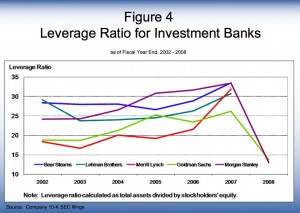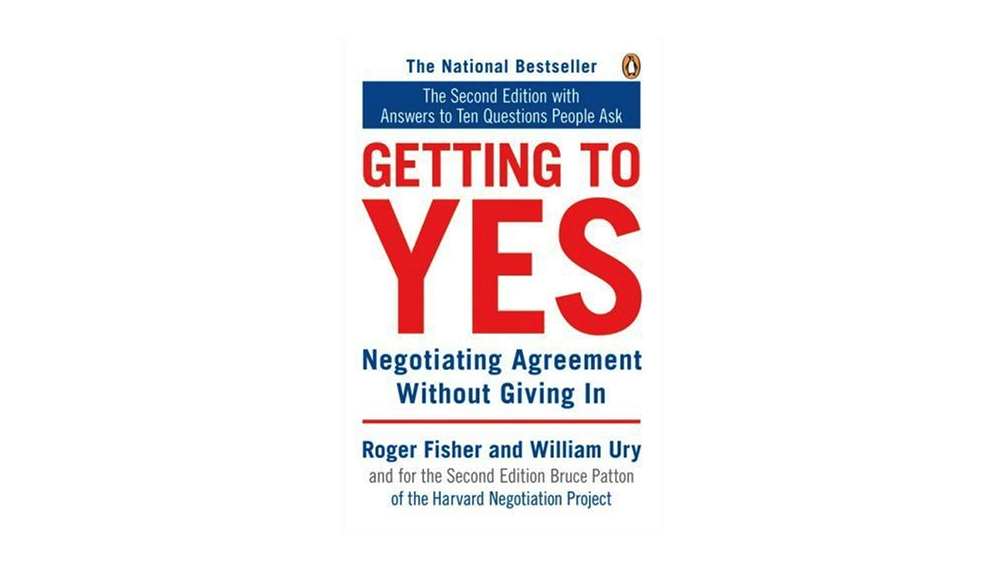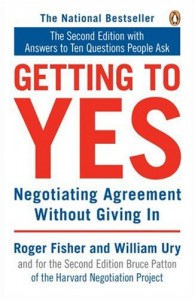 Further Strategy: you need to sound out the cost and willingness to pay with your clients. You will see the source of the competitive advantage if you look at these forces. To understand that cost and willingness to pay you need to breakdown the business into its multiple parts, and then try to integrate them in different ways. If you move production, how does it effect culture? You always seek to empower everyone in your business; it was a guy from the mail room that discovered that you could cut a hole in the bottom of the pumpkin in order to allow a candle to be covered by it rather than cutting it from the top: Think Different.
Further Strategy: you need to sound out the cost and willingness to pay with your clients. You will see the source of the competitive advantage if you look at these forces. To understand that cost and willingness to pay you need to breakdown the business into its multiple parts, and then try to integrate them in different ways. If you move production, how does it effect culture? You always seek to empower everyone in your business; it was a guy from the mail room that discovered that you could cut a hole in the bottom of the pumpkin in order to allow a candle to be covered by it rather than cutting it from the top: Think Different.
Identify the bad customers who will make a spectacle early on. Business is about the people who run it, regardless of what an Excel spread sheet will tell you. People buy from people. You can tell in Indonesia, which companies are most closely connected to the party leader by what happens when that leader is taken ill. You don’t need to get a patent for a drug, if you can simply keep it a secret as Coca-Cola had with their soft-drink. Environmental campaigns often attack companies that will likely get their campaign the most attention. They may not target the most obvious environmental offenders.
 Questions Upon Leaving Your MBA Program: How will I find a mentor? How will I pay off my student loans? How do I make sure I don’t get sacked after two years? People choose consulting because they aren’t sure what they want to do. You should start to recognize your weaknesses, and focus on developing your strengths. Are you willing to make a Faustian pact to work long-hours, and skew your work to family balance?
Questions Upon Leaving Your MBA Program: How will I find a mentor? How will I pay off my student loans? How do I make sure I don’t get sacked after two years? People choose consulting because they aren’t sure what they want to do. You should start to recognize your weaknesses, and focus on developing your strengths. Are you willing to make a Faustian pact to work long-hours, and skew your work to family balance?
Rules To Live By: when we look back, the big things will look small and the little things will look big;
- Comparison is the death of happiness;
- We are all we have. No one else will rescue us.
- Resist the temptation to be a short-termist;
- Be honest with yourself about what jobs are the right ones for you.
- Keep your moral compass
- Maintain the proper balance between your professional career and your personal life.
- Be unconventional: success should not be based on monetary gain, but value.













